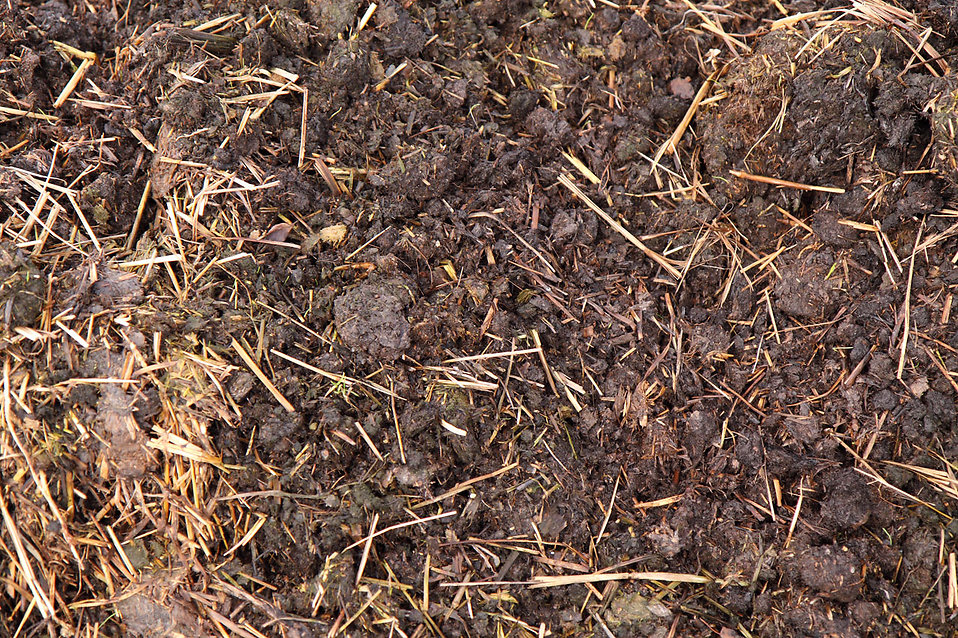Thursday, February 2, 2017 - “Weather Ready Farms: Successfully Managing Extremes” was the 2016 theme of the exhibits for the University of Nebraska-Lincoln Institute of Agriculture and Natural Resources at Husker Harvest Days, which was held September 13-15, 2016 near Grand Island.

The associated exhibits and displays demonstrated how manure and mulch can increase resilience to drought and heavy rainfall events.
Manure is often an undervalued and underutilized resource. It has many soil health benefits. When manure is managed properly and applied at appropriate rates, the following benefits accrue:
- Better drought tolerance.
- Greater resilience to heavy rainfall events when compared to non-manured soil.
- Increased soil organic matter, increasing the amount of water that soil can hold for later plant use.
- Greater soil aggregate stability, allowing more water to infiltrate during heavy rainfall events and decreasing erosion caused by runoff.
- Manured soils have enhanced microbial activity, which increases nutrient cycling in the soil.
- Manure has been shown to increase soil infiltration rates by 40% and water holding capacity by 15% when compared to non-manured soil.
- Crop yields are also generally higher for manured fields.
Mulch, which is typically comprised of crop residue or wood chips, also increases resilience of soils to drought and heavy rainfall for many of the same reasons as manure. In addition, mulch decreases evaporation of water from the soil surface and suppresses weed pressure. Overall, mulch has been shown to increase water infiltration by 50% and water-holding capacity by 35% when compared to non-mulched soil.
Learn more at this link